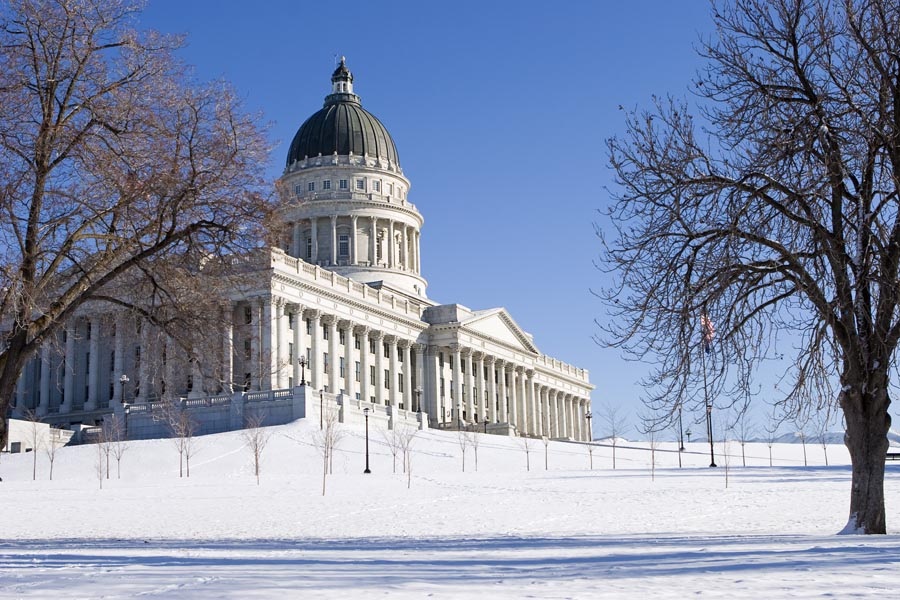| When the current legislative session started, new House Speaker Greg Hughes talked about tackling the “big, hard fights,” which he said could be "potentially transformational" for the state of Utah. Now, it seems at least one of those fights might take place in a much smaller arena, away from the jeering crowds. The co-chairman of the Prison Relocation Commission would like the Legislature to give the commission the authority to decide on its own where to put the prison that now sits in Draper. Hughes says he supports that plan. |
| | But it’s a bad idea. It’s an especially bad idea if you happen to live in one of the sites being considered for the prison and you suddenly find that your representative has no say in the matter. That means you have no voice, or at least none that will matter. The Prison Relocation Commission includes seven lawmakers who reside in Murray, Kearns, Draper, Layton, Kaysville, West Valley City and Cedar City. None of these is on the list of three sites under consideration. Rep. Brad Wilson, R-Kaysville, is a co-chair of the commission. He told the House GOP caucus that debating the eventual site on the House floor “just seems like a really big problem.” This, presumably, is because the entirety of the Legislature would come up with arguments and concerns that might upset the work that took the commission hundreds of hours. He seems to want to take politics as much out of the decision as possible. But politics is all about the clash of interests and concerns, and forging difficult compromises that usually result in nobody getting everything he or she wants. When the going gets tough, politicians naturally work to minimize political pain. But if they succeed in avoiding political fights, the results seldom are good. Obamacare should stand as exhibit A. When it comes to getting the public riled, Utah hasn’t seen anything in years that compares with moving the state prison. Deciding to move it from Draper was the easy part, especially for Hughes, who lives there. This is because few people, except perhaps relatives of inmates, want a prison close by. Draper, by the luck of geography and growth trends, has in 30 years gone from being a dot on the exclamation mark of linear settlement along the Wastach Front to the center of a high-tech juggernaut that has caught the attention of the rest of the nation. The Brookings Institution recently released a study on “America’s Advanced Industries,” and Salt Lake, Ogden and Provo each landed in the top 20 of cities that possess these. Draper sits in the happy center of it all and benefits from an envious array of light rail, commuter rail and freeway access that makes the current prison prime real estate. This seems to have trumped any desire for arguments about why the prison, and specifically the prisoners within its walls, might benefit from staying in Draper. Despite no one articulating a definitive argument for abandoning the site, you can hear the foghorn of that ship passing through the harbor and out to sea. The prison is not going to stay put. But the decision on where to put it runs headlong into the reality that no one wants it. Protests have sprung up wherever the commission suggests it go, whether in Tooele County, Salt Lake City, Utah County or West Jordan. In December, all the groups joined together. Even Fourth District Congresswoman Mia Love has told the state to keep it out of her district. Now the commission is down to three sites — Eagle Mountain, Salt Lake City (near the airport) and Tooele County — but Wilson said more might be added. This is not a simple transaction the state needs to keep quiet in order to avoid real estate speculation. This is, as Hughes said, a “transformational” fight that will affect lives. Prisons are among the most important facilities a government can build and operate. The power to take away a person’s freedom in the name of justice should not be considered lightly. The people’s representatives must decide prison relocation squarely and convincingly, and perhaps to their own political peril. |


 RSS Feed
RSS Feed

